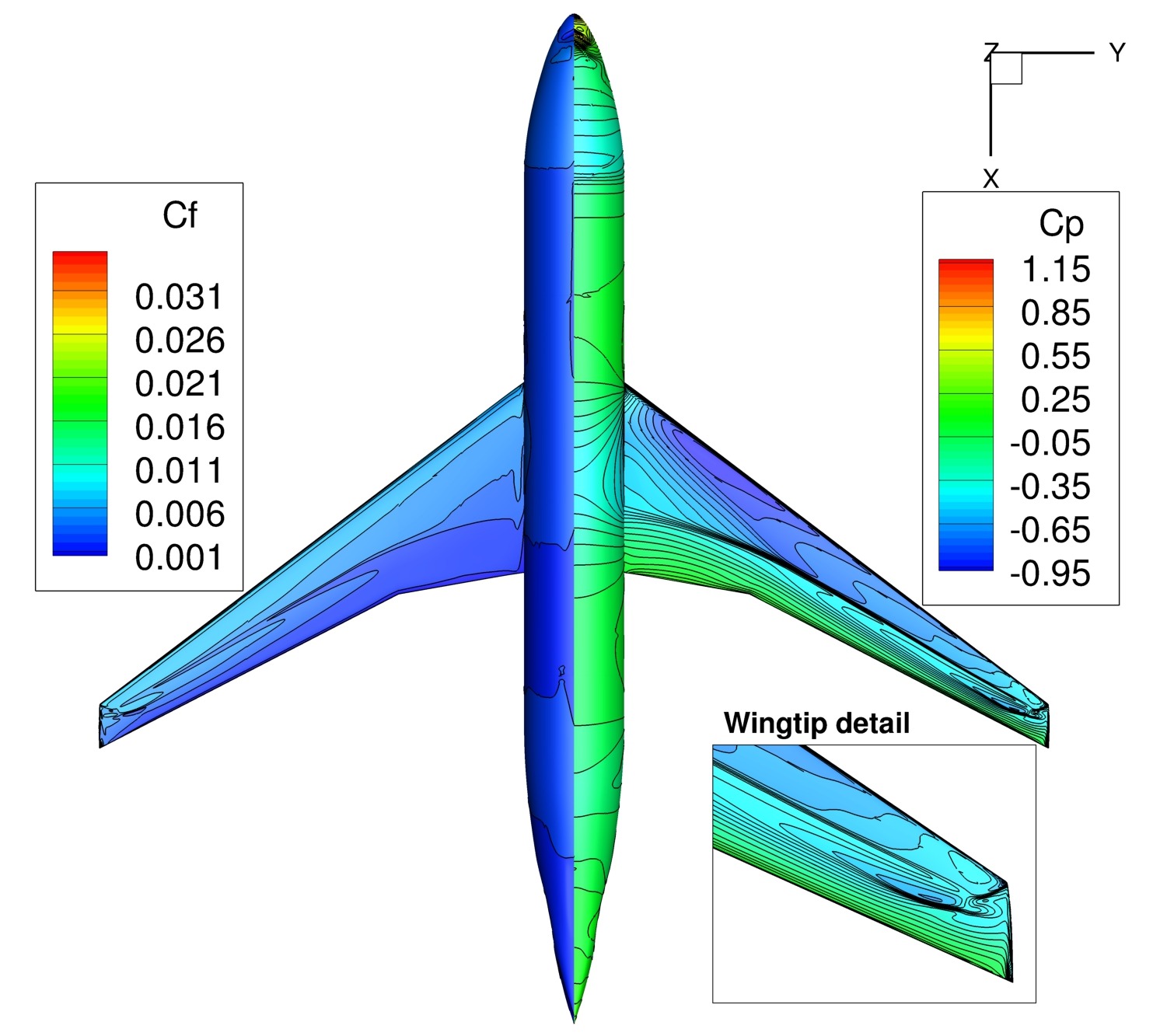What is the impact of aviation on the environment? How can we reduce greenhouse gas emissions and noise pollution? Is it possible to make airplanes that are both quiet and fuel-efficient? Will biofuels solve the problem of carbon emissions, or does the production of biofuels create still more problems? If we use advanced lightweight materials, can we dispose of them safely when the airplane is retired? Will people want to fly in aerodynamically advanced airplanes? How can we balance the demands of safety, passenger comfort, cost and environmental friendliness? What new technology will help solve these problems? Can aviation truly be made environmentally sustainable? How can these questions be answered?
Aviation & Sustainability
History & Structure
Training Structure:
Research
Academic Partners:
Faculty
Events:
National Colloquium on Sustainable Aviation
International Workshop on Aviation and Climate Change
"We believe that the [UTIAS Sustainable Aviation] program, designed to combine traditional education with research projects and industrial internships, will produce a new generation of highly qualified engineers, who will provide insight, innovation and talent to develop solutions addressing the environmental impact of aviation." – Walter Di Bartolomeo, Vice President, Engineering, Pratt & Whitney Canada.
Designing modern aircraft is a tightly integrated process requiring interdisciplinary interaction between aerospace practitioners: aerodynamicists, structural designers, propulsion experts and control specialists. Additional input is needed from experts in biofuels, life cycle assessment, emissions regulation and the atmospheric effects of pollution. The Centre for Research in Sustainable Aviation (CRSA) was established in January 2013 to address the need for scientists and engineers with the skills to develop future generations of environmentally sustainable aircraft. The CRSA provides a uniquely comprehensive education in all elements of aviation and the environment, including engineering, scientific, economic, political, and legal aspects, with particular emphasis on technologies that reduce noise and emissions.
"It is our belief that students with the breadth of expertise covered by the [UTIAS Sustainable Aviation] program will be in great demand in the aerospace industry." – Farzad Mokhtarian, Manager, Advanced Aerodynamics, Bombardier Aerospace
A part of the CRSA, the NSERC CREATE Program in Environmentally Sustainable Aviation was established in April 2012 with $1.65 million in funding from NSERC. The program boasts interdisciplinary technical training and collaborative opportunities with leaders in academia and industry, professional development opportunities, and four-month internships with the largest employers for aeronautical engineers and researchers in Canada. The Emphasis in Sustainable Aviation increases student access to the unique training opportunities offered by the CREATE Program and CRSA. Students in Aerospace Studies, Civil Engineering, Physics and Chemical Engineering select from a tailored set of courses combining interdisciplinary expertise within UTIAS and its partner institutions.
"My experience at UTIAS has not only helped me significantly in my own research by providing the necessary background in aviation, but has instilled a passion to address the industry's future challenges relating to sustainability. Aside from the proximity to cutting edge research, being a part of the Sustainable Aviation Program allows access to the community-like setting of the UTIAS campus and provides opportunities for professional development." – Katherine Rispoli, M.A.Sc. Candidate – Civil Engineering, CREATE Trainee in Sustainable Aviation, University of Toronto
Designing an environmentally friendly airplane requires understanding intricate technical details and how these relate to other technical fields and to the broader context of aviation. The fundamental goal of the UTIAS programs in Sustainable Aviation is to enable our students to perform world-class engineering design while being aware of the consequences of their technical decisions, both to other aspects of an airplane and to the totality of our global community.
Please visit the admissions page to learn about the application process. If you wish to participate in the UTIAS Sustainable Aviation programs, please indicate this in your statement of intent.
Funding provided by the industrial-stream NSERC CREATE Program in Environmentally Sustainable Aviation.

